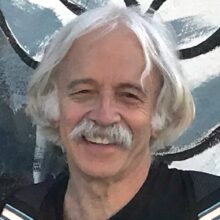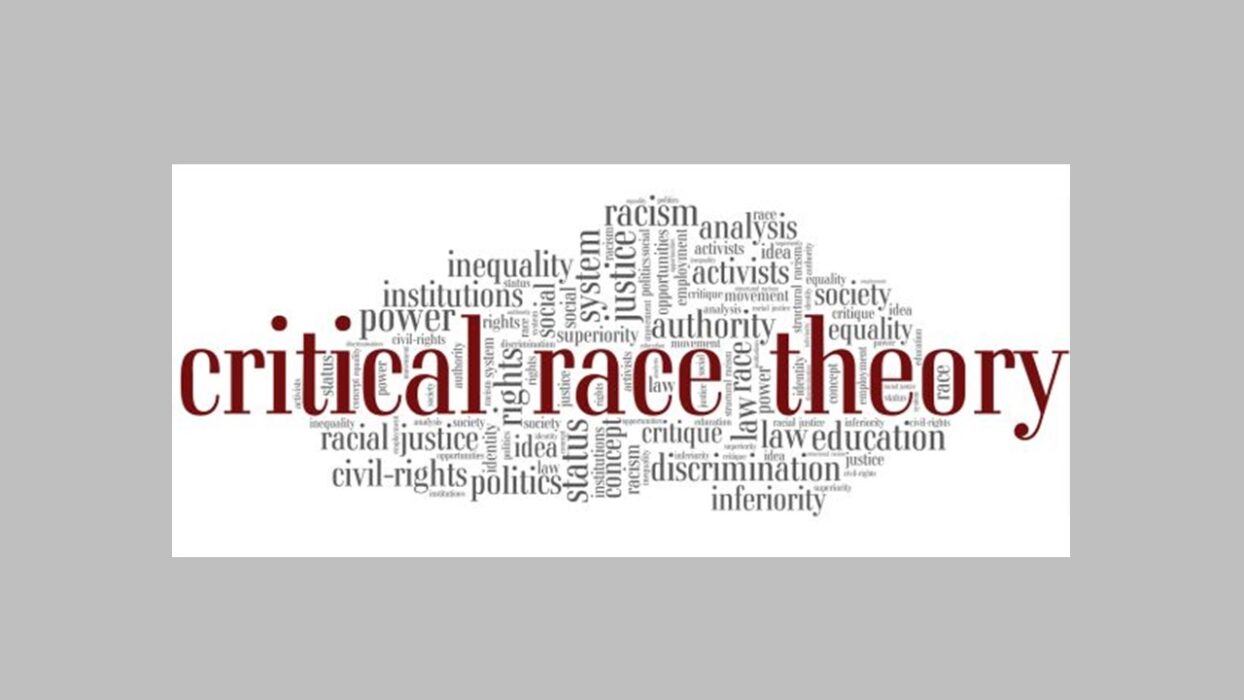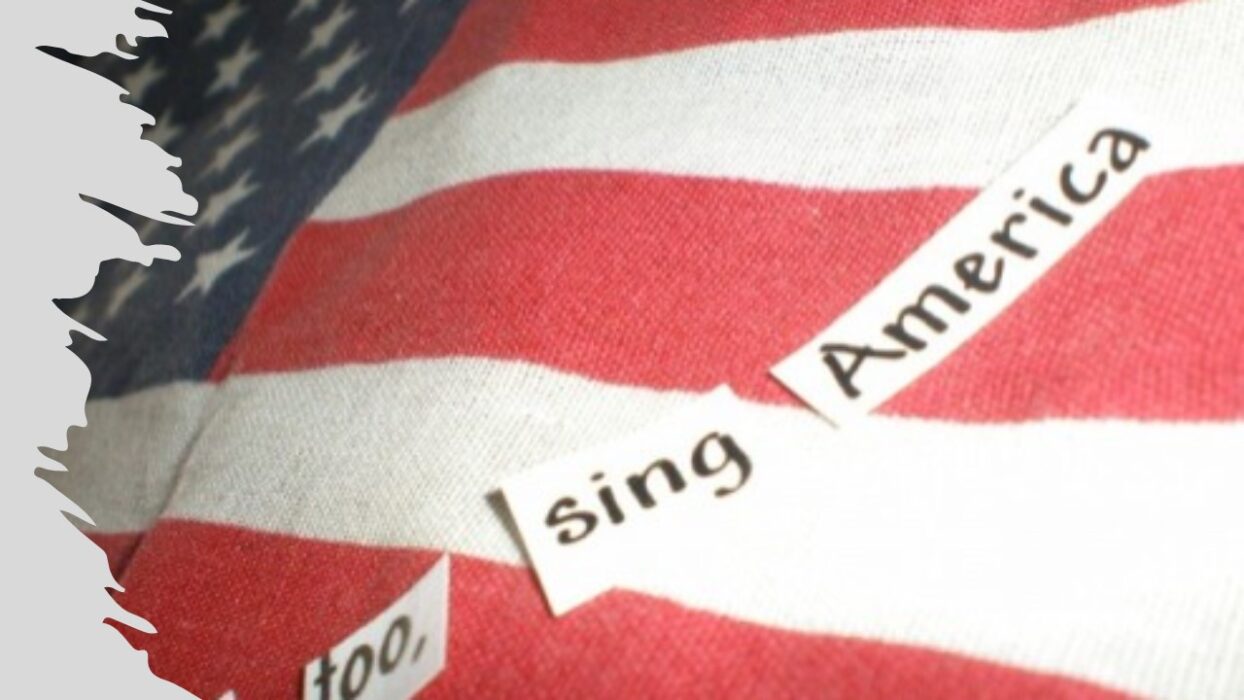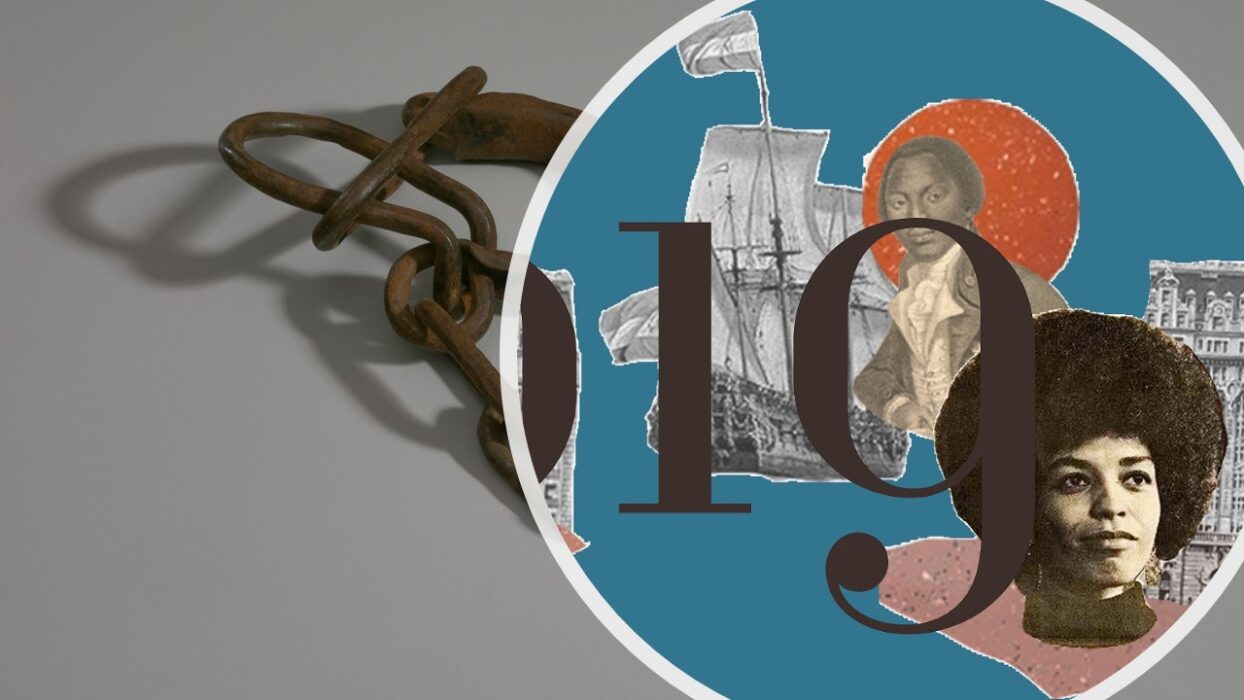All God’s Dangers, in translation De kleur van katoen, is the autobiography of Nate Shaw, an illiterate Black tenant farmer from Alabama, who grew up in the society of former slaves and slaveholders and reached maturity during the advent of Jim Crow, the segregation laws that held the Deep South in their grip for nearly a century. Ted Rosengarten and a friend, historians from up north, met Shaw in January 1969 while investigating a defunct organization called the Alabama Sharecroppers Union. Nate Shaw, already in his eighties, turned out to be a gifted storyteller with an incredible memory. “Interpreting” a question that was put to him, he began, “I was haulin a load of hay out of Apafalya one day…” and continued uninterrupted for eight hours. He recounted dealings with landlords, bankers, fertilizer agents, mule traders, gin operators, sheriffs, and judges, stories that encompassed the social relations of the cotton system.

An African American Family in rural Alabama,1937
It became clear that Nate Shaw had put his entire life into stories, and what he told the northerners that day was the prologue of an oral memoir. This first meeting led to return visits in the following years, where each time he told more about his wife and children, and about his conflicted relation with his father, whose personality had been shaped by his early years in slavery. When Rosengarten came back with a proposal to record Shaw’s life, the elderly but still sturdy farmer was ready. Over the course of several months, the unlikely pair would sit under the eave of Shaw’s tool shed in recording sessions lasting three to six hours each. When it rained, Shaw and his visitor moved their chairs inside the shed. There, in near dark, cramped among baskets, broken-bottomed chairs, sacks of feed and fertilizer, worn harnesses and tools, Shaw enacted his most fiery stories.

Alabama sharecropper plowing
Always distinguishing between what was told for the truth and what was told to entertain, between direct experience and hearsay, Shaw recollected the content and flavor of his childhood—how a Black boy growing up in rural Alabama at the turn of the twentieth century acquired a practical education. At the death of his mother, when he was nine, and his first barefoot days behind a mule-drawn plow, he learned what sort of hard life lay ahead. Shaw recalled events and relationships year by year, careful to keep his detailed memories of 1906 separate from 1907, for example, as though he had kept a mental journal.
Each harvest completed a work cycle and the perimeter of his experiences for that year. His family steadily grew, and he moved from farm to farm, seeking better land and the freedom to work it to its potential. Gradually he became self-sufficient, while at every step along the way, he faced challenges to his independence. Landlords tried to swindle him, merchants refused to sell to him, neighbors despised his success. In spite of their schemes and the perils inherent to cotton farming, including the boll weevil, one of God’s most punishing dangers, which ruined entire crops, he prevailed.
During the Great Depression, when the prices growers received for their cotton collapsed and tenant farmers faced eviction from the land, Shaw joined the radical Sharecroppers Union. One day he walked out and stood up against the deputy sheriffs who were about to dispossess the property of a neighbor. An armed confrontation turned his life into disarray, undoing his modest prosperity and menacing the well-being of his wife and children. He would serve twelve years in prison for attempted murder. Released from prison when he was fifty-nine, he faced a new struggle against formidable barriers in trying to reclaim a portion of his former status—his age, poverty, and obsolete skills, as a mule farmer in a tractor world.
That period, recounted in the chapter “Revelation,” was the hardest to adjust to. Shaw’s children, while acknowledging his courage, were invariably critical of his stand, as they had watched the task of raising a large family during hard times take its physical toll on their mother. Was his defiance an impulsive act of bravery? Did he miscalculate the support his union could deliver?

Nate Shaw belongs to the universal tradition of farmer-storytellers. The survival of the storytellers’ art is bound up with the communities of agriculturalists, for their stories are grounded in the ordinary occurrences of the farmer’s world. Accepting that coming from dust he would return to dust, it was perhaps his hope all along that his facility and creativity with language would be his measure of immortality.
Next week, how All God’s Dangers became De kleur van katoen.
 Theodore Rosengarten is a writer, teacher, and social activist from McClellanville, South Carolina. Born in Brooklyn, New York, Ted earned his bachelor’s degree from Amherst College and his PhD in The History of American Civilization from Harvard University. Even as a child, he was obsessed by the Black struggle for justice and freedom and by the Nazi’s destruction of the Jews in Europe. His first book, ‘All God’s Dangers: The Life of Nate Shaw’, the oral history of a Black tenant farmer from Alabama, won the National Book Award for Contemporary Affairs in 1975. Last year, Yad Vashem Studies published Ted’s critical review of Steven T. Katz’s mammoth new volume, ‘The Holocaust and New World Slavery’.
Theodore Rosengarten is a writer, teacher, and social activist from McClellanville, South Carolina. Born in Brooklyn, New York, Ted earned his bachelor’s degree from Amherst College and his PhD in The History of American Civilization from Harvard University. Even as a child, he was obsessed by the Black struggle for justice and freedom and by the Nazi’s destruction of the Jews in Europe. His first book, ‘All God’s Dangers: The Life of Nate Shaw’, the oral history of a Black tenant farmer from Alabama, won the National Book Award for Contemporary Affairs in 1975. Last year, Yad Vashem Studies published Ted’s critical review of Steven T. Katz’s mammoth new volume, ‘The Holocaust and New World Slavery’.
 Frans Kooymans, translator of Dutch to English and vice versa, has an American background. He emigrated in his early teens and lived in Ohio and northern Florida, where he encountered a society still marked by racial segregation. He spent five years in a seminary, taught Latin, then switched to become an accountant in Miami. Upon returning to the Netherlands, he continued in accounting and finance. A major company reorganization led him into his current profession. He calls the translation of Rosengarten’s ‘All God’s Dangers’ into ‘De kleur van katoen‘ his “covid project”.
Frans Kooymans, translator of Dutch to English and vice versa, has an American background. He emigrated in his early teens and lived in Ohio and northern Florida, where he encountered a society still marked by racial segregation. He spent five years in a seminary, taught Latin, then switched to become an accountant in Miami. Upon returning to the Netherlands, he continued in accounting and finance. A major company reorganization led him into his current profession. He calls the translation of Rosengarten’s ‘All God’s Dangers’ into ‘De kleur van katoen‘ his “covid project”.




